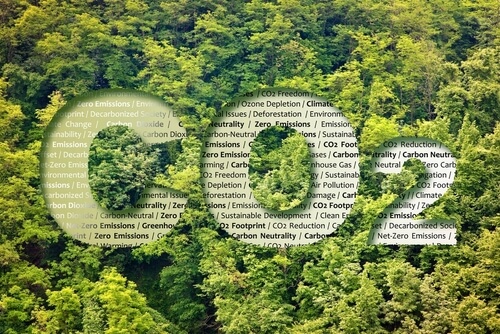Energy Efficiency, GHG Emissions, Industrial - December 4, 2024
Branston's Net Zero Goals Approved by SBTi
Branston's net-zero goals have been approved by the Science-Based Targets initiative (SBTi).
The SBTi approved Branston’s GHG emissions reduction targets, which encompasses the company’s near-term within the next five to 10 years, net zero, and forest, land and agriculture (FLAG) targets.
A U.K. produce company, Branston committed to reaching overall net zero emissions across its value chain by 2050 with a near-term target of 60% in Scope 1 and 2 emissions and 58.8% in Scope 3 by 2033.
Branston also committed to an accelerated ambition target of 90% by 2035 for Scope 1 and 2 and 90% for Scope 3 by 2050, all from a base year of 2021.
Branston’s progress towards net zero includes enhanced energy efficiency and greater use of renewable energy. It has nine photovoltaic (PV) systems across its three sites, which generate around 1.3 GWh energy annually, as well as an anaerobic digestion plant that supplies 20% of the Lincoln site’s energy from waste potatoes unfit for human consumption.
“As a leading produce and added value food business in the U.K. it is important to us that our ambitious climate targets have been validated by the SBTi,” said Jim Windle, CEO of Branston, in a statement. “These targets represent a key step to developing a thorough climate strategy across all business sectors. By closely monitoring our outputs and consistently researching new opportunities for us to integrate better practices, we’re making great progress. There is of course plenty more to be done but with the backing of the SBTi and a clear pathway to get there, we look forward to working with our customers and suppliers in achieving these goals.”
Most recently, Branston has reviewed the opportunities for alternative fuels, is trialing an electric truck within its Scotland fleet and is installing electric vehicle chargers for staff at all sites. Extensive smart energy monitoring systems are also used to monitor electricity use on all major pieces of equipment to better understand and observe their energy use.
In Scope 3, Branston has been working with growers, the agri-tech community and universities to take carbon out of potato production. This includes low-carbon fertilizers, reduced cultivations, alternative farm fuels and novel cold store design that is part of a trial entering its third year.
Share this valuable information with your colleagues using the buttons below:
« Back to NewsStay Up-To-Date












